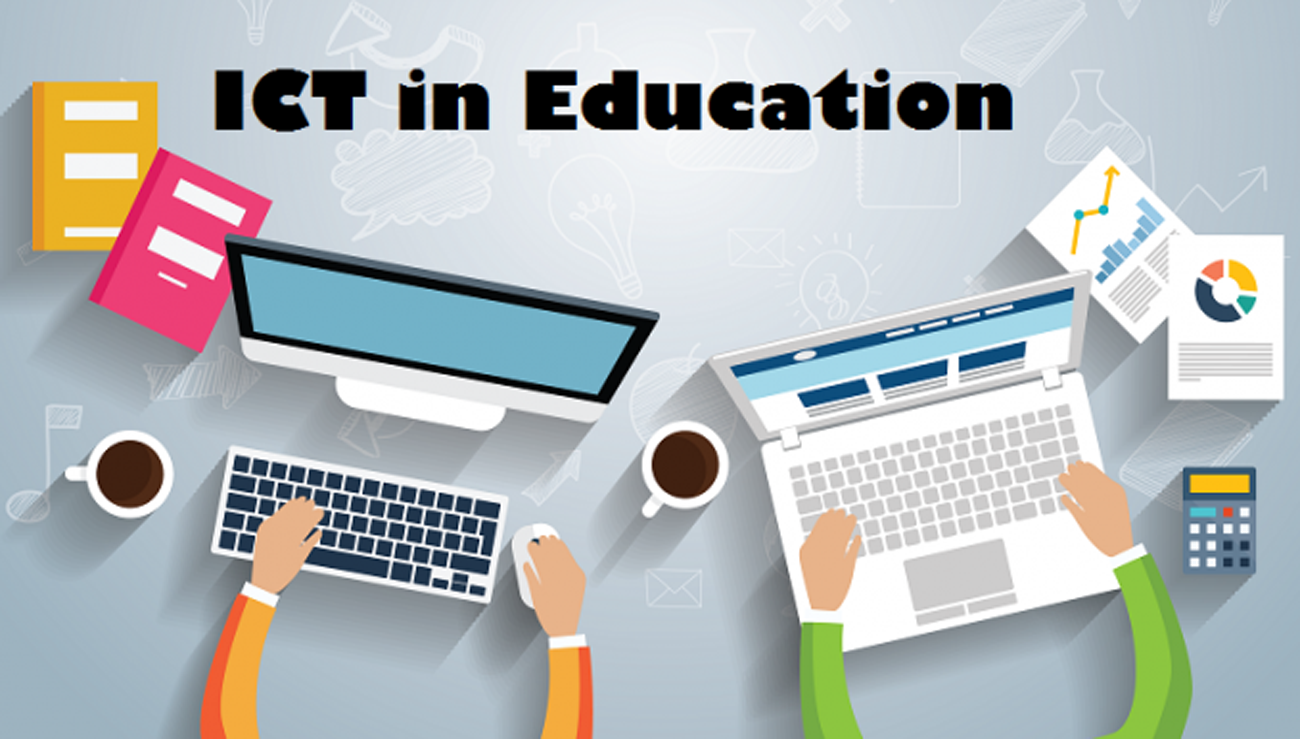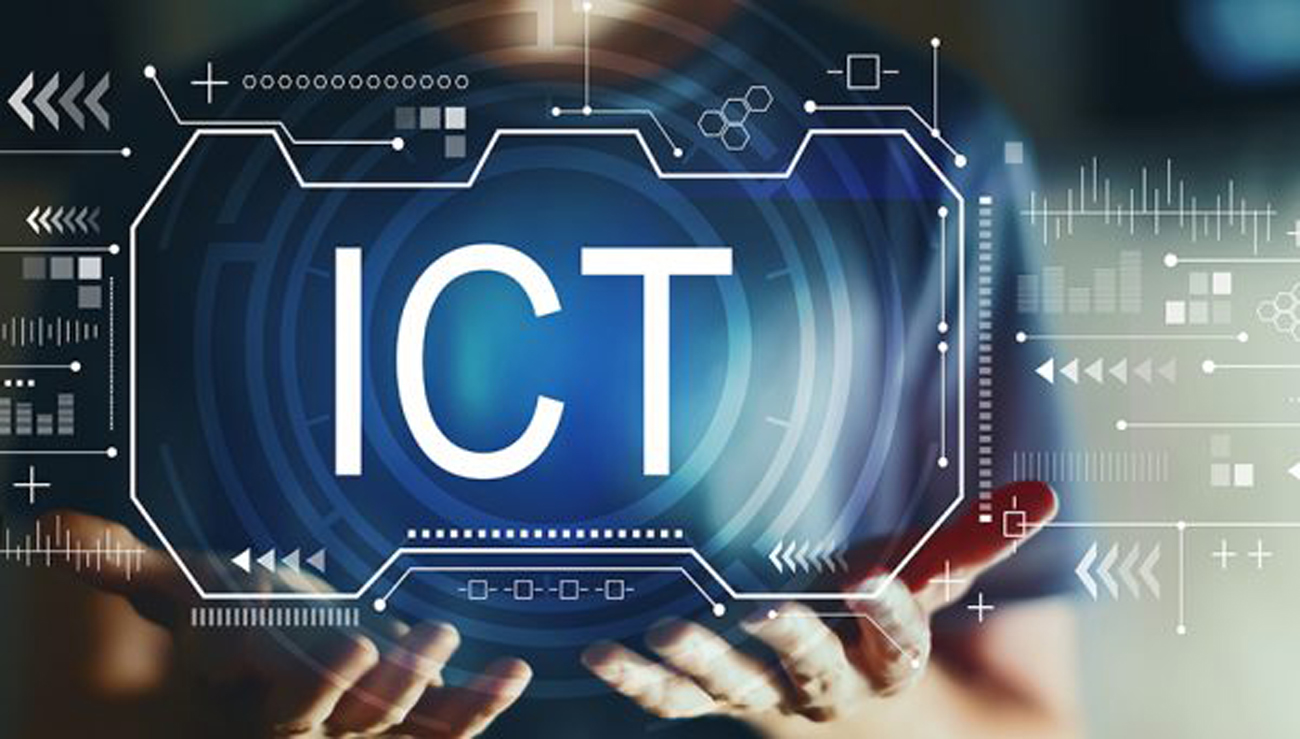
Importance of ICT in Education for Gifted Students
Abstract:
Gifted and talented children are those who are identified by professionally qualified persons who by virtue of outstanding abilities are capable of high performance. These are children who require differentiated educational programs and services beyond those that are normally provided by the regular school program in order to realize their contribution to self and society (Marland, 1972). A gifted child in the regular classroom may be the only child in the room; hence, he or she will not have the opportunity to learn with others of like ability. ICT can provide opportunities for students to develop and practice higher level thinking skills. The gifted students are spread around the world and ICT makes it possible that gifted students communicate with other gifted students all around the world. ICT can be used to acquire that type of knowledge which can satisfy the needs of the gifted children. So, the purpose of this paper is to determine the use of technology in education for the learning of gifted and talented students.
References:
Becta, (2001). Gifted and talented children and ICT. British Educational Communication and Techonology Agency. Retrieved June 7, 2013 from http://tim-brosnan.net/ITPGCE/coursematerials/SEN/docs/gtchild.pdf
Burney, V. (2008). Applications of social cognitive theory to gifted education. Roeper Review, 30 (2), 130-146. http://dx.doi.org/10.1080/02783190801955335
Dixon, F., Cassidy, J., Cross, T., & Williams, D. (2005). Effects of technology on critical thinking and essay writing among gifted adolescents. Journal of Secondary Gifted Education, 16 (4), 180-192.
Eide, B., & Eide, F. (n. d.). Brains on fire: The multimodality of gifted thinkers. Retrieved March 8, 2010, from http:/ www.newhorizons.org/spneeds/gifted/eide.htm .
Fransico (n.d.) retrieved August 8, 2012 from:-http://www.thecanadianteacher.com/pdfs/ebooks/ TAG.pdf
Freedman, T. (2013). Working with more able in ICT (newsletter). Retrieved June 7, 2013 from http://www.risingstars-uk.com/working-with-the-more-able-in-ict/
Jonassen, D. H. (2000). Computers as mindtools for schools: Engaging critical thinking. New Jersey: Merrill/Prentice Hall. Retrieved August 18, 2012 from: http://www.brookes.ac.uk/schools/education/rescon/cpdgifted/docs/secondarylaunchpads/13ict.pdf
Kline, B. E., & Short, E. B. (1991a). Changes in emotional resilience: Gifted adolescent boys. Roeper Review, 13 (4), 184–187. Retrieved September 2, 2013 from http://www.scribd.com/doc/45650131/Handbook-of-Giftedness-in-Children
National center for research for the education of gifted and talented children and youth. (2007). The school administrator. American Association Of School Administrator. Retrieved September 4, 2012 from http://www.nagc.org/uploadedFiles/Advocacy_and_Legislation/Leg_Act_Network/All%20Gifted%20is%20Local.pdf
Nikolova, O., & Taylor, G. (2003). The impact of language learning on instructional outcomes in two student populations: High-ability and average-ability students. Journal of Secondary Gifted Education, 14 (4), 205-222.
Pfeiffer, S. (2008). Handbook of giftedness in children: psychoeducational theory, research, and best practices. New York: Springer. Retrieved September 2, 2013 from http://www.scribd.com/doc/45650131/Handbook-of-Giftedness-in-Children
Rao, A. K. S. (2003). Widening horizons: for educating the gifted. Secunderabad: Nissima Institute of Human Development.
Renzulli, J. (2005). A quiet crisis is clouding the future of R & D. Education Week, 24 (38), 32-40.
Sahu, B. N. (2002) . Education of the Exception Children. New Delhi: Kalyani Publishers.
Silverman, L. K. (1993a). Counseling families. In L.K., Silverman (Ed.), Counseling the gifted and talented (pp. 43-89). Denver, CO: Love.
Silverman, L. K. (1993b). A developmental model for counseling the gifted. In L. K., Silverman, Counseling the gifted and talented (pp. 51-78). Denver, CO: Love.
Smart Technologies. (2004). The impact of smart board technology on growth in mathematics achievement of gifted learners. Retrieved September 9, 2012 from http://digitalcommons.liberty.edu/cgi/viewcontent.cgi?article=1424&context=doctoral


